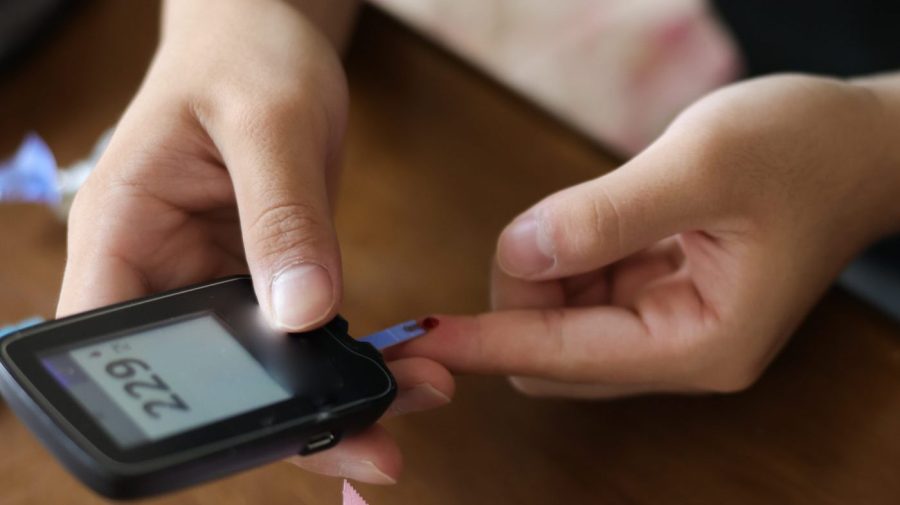When someone is diagnosed with diabetes, it’s usually pretty simple which one they have — Type 1 or Type 2.
The rate of diabetes has grown worldwide, having surpassed 800 million people a year ago. By 2050, that number is expected to increase to over 853 million.
What some might not realize is that those rising numbers can also be attributed to another rare condition that might often be misdiagnosed, which is Type 1.5 diabetes.
So, what is Type 1.5 diabetes? What are the causes and symptoms of Type 1.5 diabetes? Can Type 1.5 diabetes be treated, and is it preventable?
What is Type 1.5 Diabetes?
Type 1.5 diabetes, or latent autoimmune diabetes in adults, is an autoimmune disease that mainly strikes individuals when they reach adulthood.
The condition is similar to Type 2 diabetes in several ways, according to Dr. Deena Adimoolam. Genetic and immune factors can lead to the diagnosis.
“It’s a term used to describe patients who have some level of decreased insulin production due to decreased functioning of the beta cells of the pancreas,” she says.
“Patients with Type 1.5 diabetes are able to produce some insulin, but not enough insulin, and over time they may not produce any insulin at all.”
Nearly 50 million people are living with Type 1.5 diabetes, says the World Health Organization.
What are the causes and symptoms of Type 1.5 Diabetes?
The causes and symptoms of Type 1.5 diabetes don’t differ much from the other two forms of the disease.
Type 1.5 diabetes actually overlaps with type 1 and type 2 diabetes, research shows.
“The critical issue for people to recognize is that if they have ‘Type 2 diabetes’ that does not seem to respond well to usual treatments, they may in fact have Type 1.5,” said Dr. John Buse, University of North Carolina.
The symptoms of Type 1.5 include the standard nausea, fatigue and vomiting. Along with those are blurry vision, frequent urination, increased hunger and thirst, yeast infections and weight loss.
The long-term effects of Type 1.5 diabetes can include a higher risk of heart disease.
Can Type 1.5 Diabetes be treated or prevented?
Type 1.5 diabetes can be treated with medication long-term, while some people can avoid using insulin in its beginning stages.
“Management is lifestyle modifications, like a healthy diet and physical activity,” Dr. Aminat Ogun said. Those lifestyle changes can help reduce the damage diabetes does to the blood vessels in a person’s body.
“And there are medications to help control blood sugar, like Metformin and Jardiance, plus insulin shots,” Ogun added.
Despite ways to treat the disease, there is no bona fide way to prevent a person from getting Type 1.5 diabetes. There is a genetic component to the condition, leaving a child of someone with Type 1.5 at a higher risk of developing it themselves.

